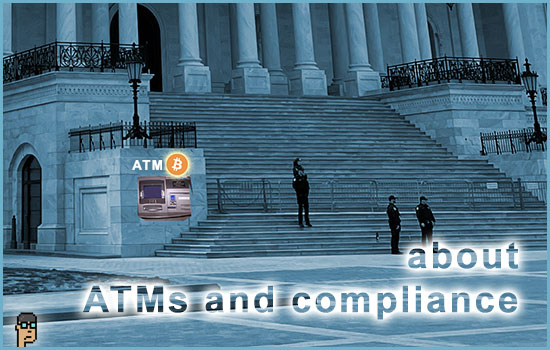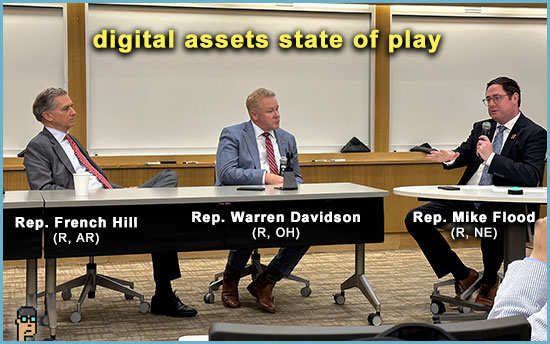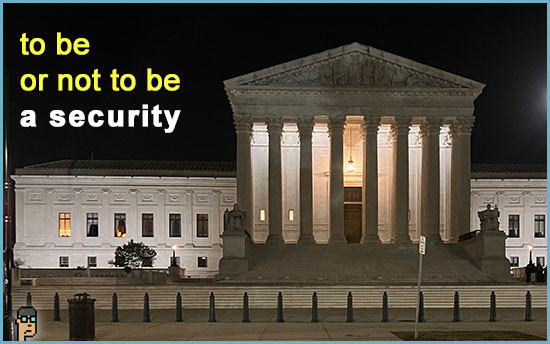crypto ATM and NDAA
CoinDesk interviews Brandon Mintz, who is CEO of Atlanta-based Bitcoin ATM Operator, Bitcoin Depot, which has 20% market share. Mintz tells the crypto publication that the bitcoin ATM business is ripe for consolidation -and, that one of the reasons many companies fail, is a lack of compliance to existing regulations. Mintz tells CoinDesk, “My goal was always to create the strongest compliance program and hire really good compliance staff, including a compliance officer that I hired very early on in the business…” Read more.
In late July, Cato Institute did a comparison of the Anti-Money Laundering (AML) and Know-Your-Customer (KYC) aspects of the bills from Senators Elizabeth Warren (D, MA) and Roger Marshall (R, KS) – S.2669 -as well as Senators Cynthia Lummis (R, WY) and Kirsten Gillibrand (D, NY) – S.2281. In each of these bills are specific ATM provisions.
The latest KYC-AML “bill” from the Senate is the National Defense Authorization Act (NDAA) amendment from an alliance of the four Senators and includes ATM stipulations requiring complete disclosure of ATM usage. How the must-pass NDAA and this amendment shake out in negotiations with the House remains to be seen.
A sampling of the amendment shows the Director of the Financial Crimes Enforcement Network (FinCEN) to requiring “crypto asset kiosk owners and administrators to submit and update the physical addresses of the kiosks owned or operated by the owner or administrator, as applicable, once every 120 days and collect the name, date of birth, physical address, and phone number of each counterparty to a transaction…” See it on Congress.gov.
more tips:
Crypto ATM Number Net Changes – Coin ATM Radar Continue reading “Crypto ATM Compliance Amid NDAA Amendment; Crypto Counsel For CFTC Commissioner”








